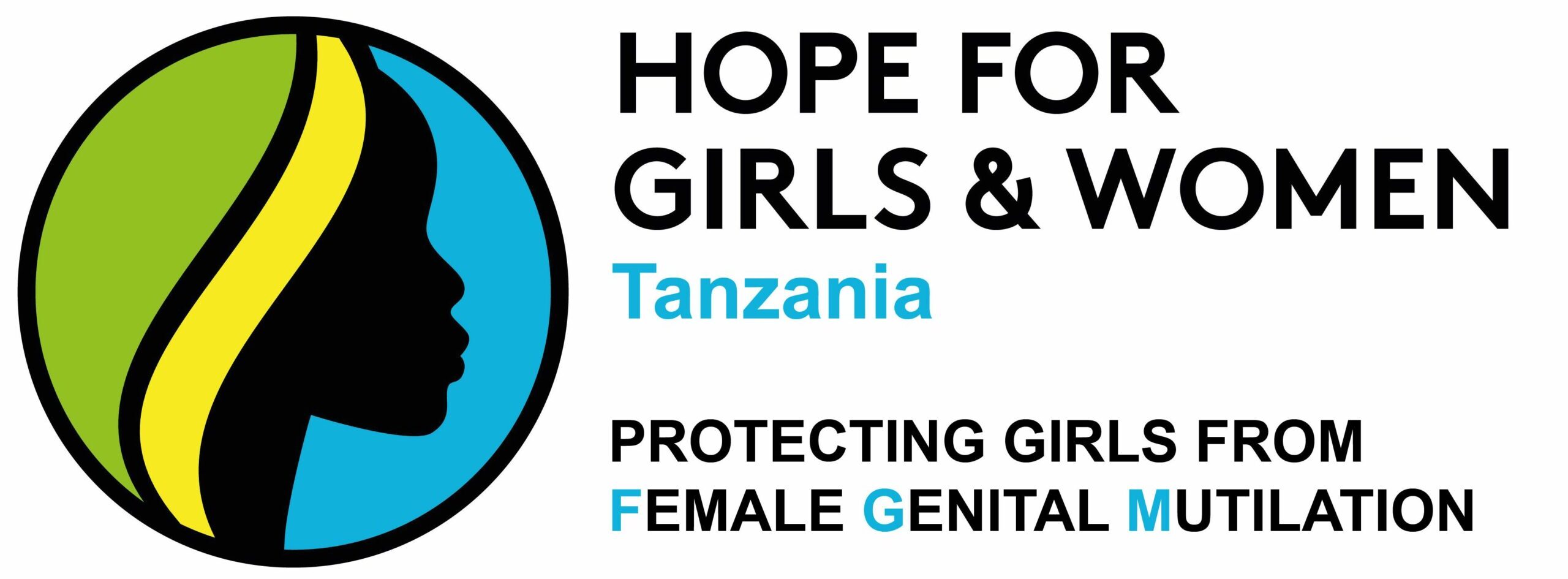On 5th December 2020, East African Education Foundation and TUHEDA hosted a Women’s Health Talk to discuss the impact of female genital mutilation (FGM). Hope founder, Rhobi Samwelly, joined a panel with OB-GYN specialist Dr. Leila Rusamba and international broadcaster Zuhra Yunus. Together, they educated attendees on the health risks of FGM and the strides being made to educate communities.
They stressed the biological implications of cutting girls without consent across the four types of FGM. When girls lose their clitoris, they essentially lose a part of their body that they don’t yet understand. They do not comprehend what they have lost, and how this practice will redefine their attitudes towards intimacy, which in turn increases the potential of domestic violence. In addition, while the clitoris may be considered a small part of the human body, it is served by an artery that contains a major blood supply, so when the artery is cut, there is the potential to bleed to death.
FGM also affects childbirth, particularly due to the extent of cutting and the scarring left behind. In the most severe case, when genitalia is completely closed, there is no passage for the baby to come out. Thus there is a high likelihood for the woman to suffer a hemorrhage, and for the death of the woman and child. In cases of partial removal, the scar tissue that has healed does not stretch as much as normal tissue, increasing health risks and pain levels during birth.
However, Rhobi discussed how our work has visibly changed attitudes towards FGM in rural Tanzania. She can see girls standing up for themselves and refusing to undergo this rampant practice, with a prevalence of around 32%1 in the Mara region. Parents have also started refusing for their girls to be cut, and laws have been more strictly enforced to send cutters to prison.
She also highlighted the support received from boys and men. While Mara is a male-dominated area, men are a part of our FGM clubs and attempt to educate other men about the effects of gender-based violence and harmful traditions. Boys have increasingly refused to marry girls who have been cut after learning about unwarranted health risks. There have been challenges in educating families who value the income generated from cutting. Families receive higher dowries when girls who marry are cut. Yet through our community dialogue, and awareness generation, Rhobi believes that progress is being made.
Rhobi then discussed some of the Hope initiatives taking place during the 16 Days of Activism against Gender-Based Violence, including a village debate with men around gender-based issues, a mapathon during Human Rights Day, and a girls’ march in front of government leaders. These actions are designed to raise awareness around the issue of FGM. Rhobi summarised:
“You have to create awareness. You have to teach them about the effects of FGM. Change is slow, but one day FGM will be history.”
Watch the full recording here:
Find out more about FGM in Tanzania here.
See which upcoming events Hope for Girls and Women will be involved in here.
To get in touch with the team, please visit this page.

